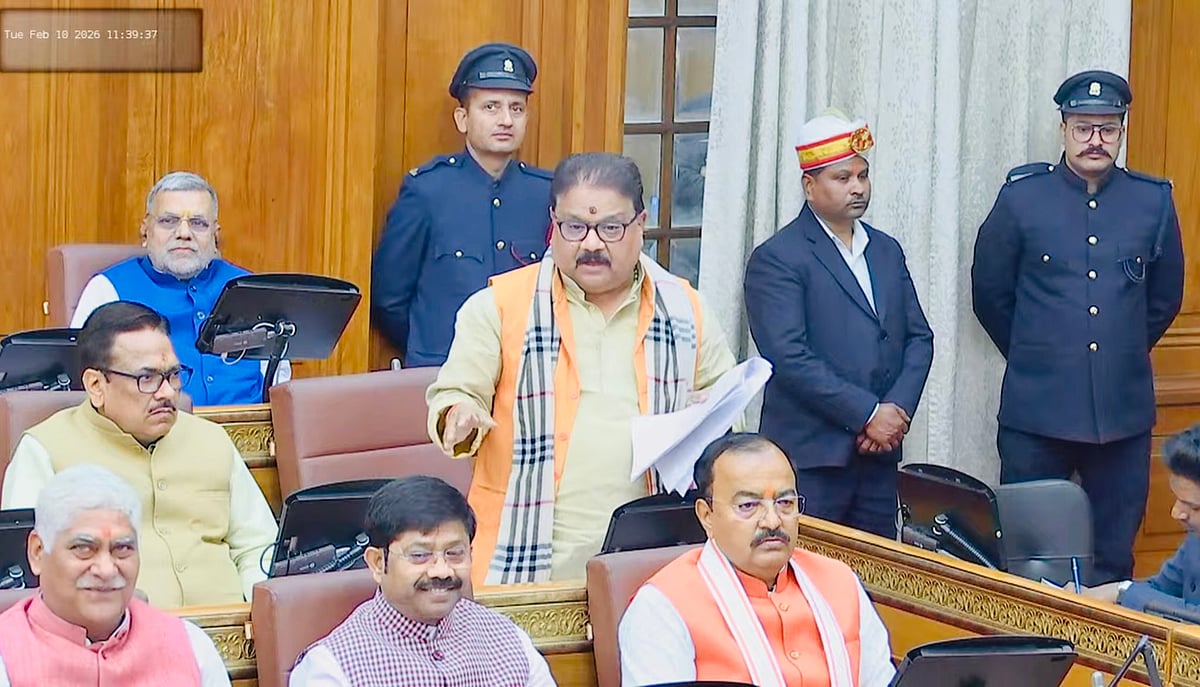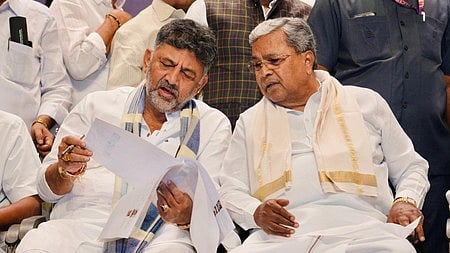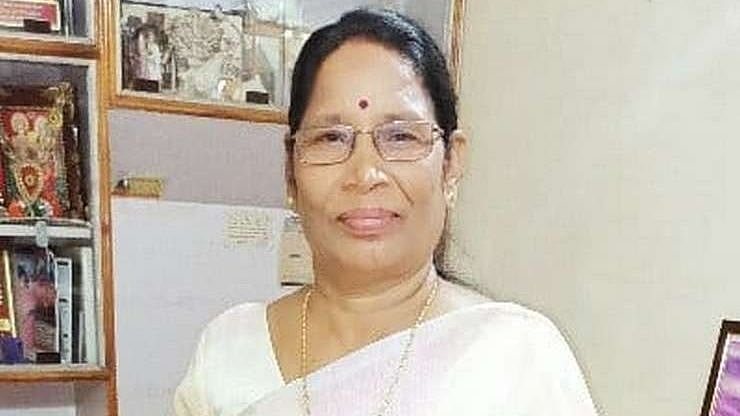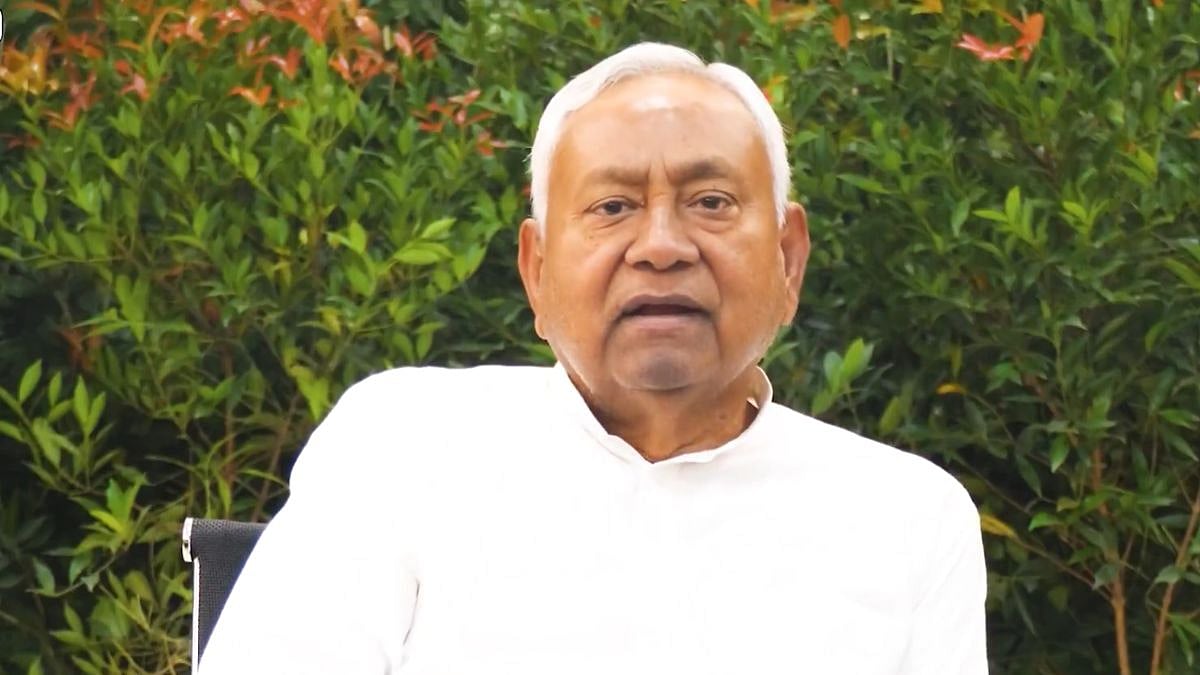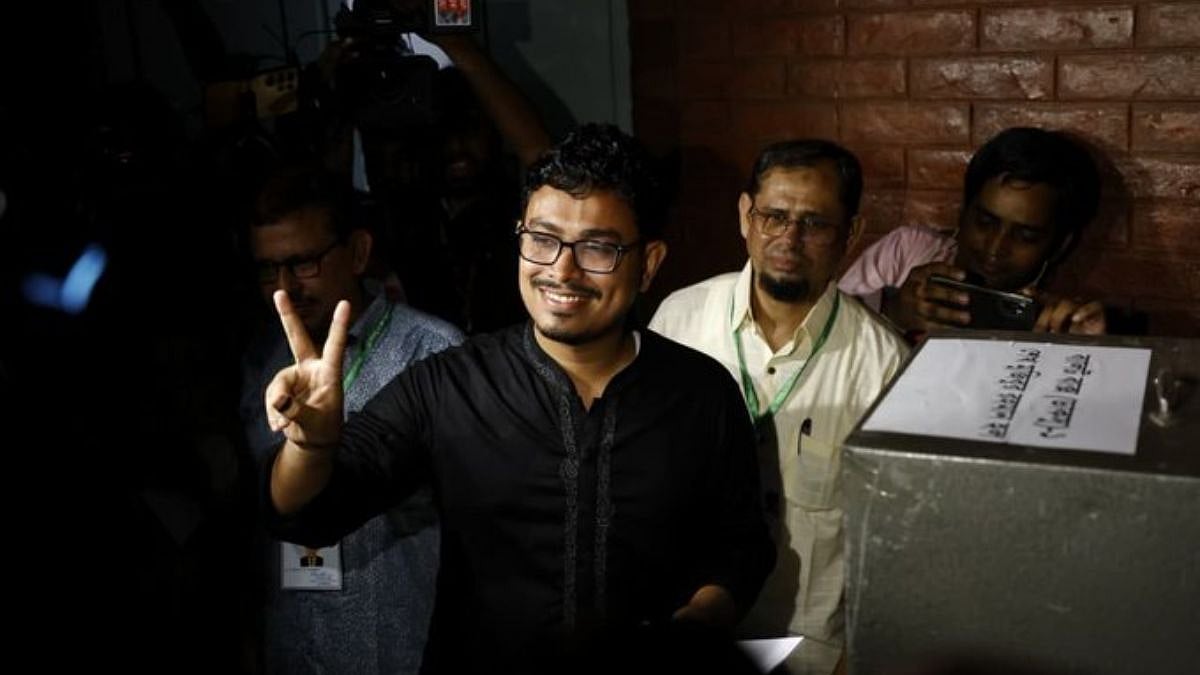Some years ago, when new medical technology, like amniocentesis and ultrasound -- meant to help pregnant women by spotting possible birth defects, was used to determine the gender of the foetus and abort females, fears of a dangerously skewed sex ratio engendered the Pre-Natal Diagnostic Techniques (Regulation and Prevention of Misuse) Act, 1994. It was amended in 2003, into The Pre-Conception and Pre-Natal Diagnostic Techniques (Prohibition of Sex Selection) Act, 2003, making it illegal to determine the sex of the unborn child or use sex-selection methods (like sperm sorting), that had the potential to be rampantly abused to ensure only male children.
When the first law was passed, a famous doctor had commented, off-the-record of course, that it amounted to forcing parents to give birth to unwanted female children; at least, he said, couples who already have one or two girls should be allowed to try for a boy, or they will keep having girls till they beget a son, and our population will explode. It is not surprising to find even educated people thinking like that, and it is an open secret that tests are carried out illegally and female fetuses aborted. (In some really backward rural families, a daughter is not even counted as an offspring.)
In places where sophisticated medical facilities are not available, newborn girls are killed by using crude methods like poisoning with datura seeds or drowning in milk. There was a major uproar some years ago, over the killing of female infants in Salem (Tamil Nadu), but there are villages, particularly in North India, which proudly declare that for decades, no girls have been born in their families; not because of some magical genetic mutation, but due to the killing of girls before or after birth.
According to The State of World Population 2020 report of the The United Nations Population Fund (UNFPA), India has the highest rate of excess female deaths (13.5 per 1,000 female births), which goes to show that an estimated one in nine deaths of females below the age of five may be because of post-natal sex selection. Of the 142 million women missing globally, over 46 million are in India.
All this came to mind, while watching the new film Kaali Khuhi by Terrie Samundra, which uses the horror genre to bring attention to the ghastly practice of female infanticide. Ten-year-old Shivangi (Riva Arora) accompanies her parents to her father’s ancestral village on getting the news that his mother (Leela Samson) is ill. In a prologue, it is established that a girl’s spirit has been causing havoc in the village. In the past, a woman called Satya (played by Shabana Azmi) had covered the well where the bodies of girl children were thrown—she has a ghoulishly blood-stained book, with the names of all the dead girls from the village. The cover of the well has been accidentally removed, which leads to the haunting of Shivangi’s grandmother’s house by the girl child she had killed in the past. Nonetheless, after all these years, the ailing old woman berates Shivangi’s mother for bringing a “burden” into the family by not taking the “medicine” that would have taken care of the problem.
The village is afraid it has been cursed and it is up to Shivangi to save it. The idea is far better than the muddled and chaotically scripted film, but at least through a widely-watched OTT platform, the issue was raised.
There have been documentaries like It’s a Girl by Evan Grae Davis and Son Rise by Vibha Bakshi, but hardly any feature films on the subject. There was a TV serial, Na Aana Iss Desh Laado, that did not do a very convincing job of highlighting this evil, but it tried. In the long-running and popular soap opera, set in a fictional village called Veerpur in Haryana, Ammaji, the sarpanch (played by Meghna Malik), forbids the birth of females by women under her rule, and any girl born is killed. After two tortuous seasons, Ammaji is reformed, but not punished for the murder of so many girl children, unless, in some twisted way, the birth of twin granddaughters was considered punishment!
Perhaps, the only Hindi film that depicted the aftermath of this insane preference for sons and the killing of females was Manish Jha’s Matrubhoomi: A Nation Without Women (2003). In its dystopian North Indian setting, the culling of women has resulted in a village of savage men. The desperate men release their sexual frustration by watching porn, dances by men in drag and even indulging in bestiality.
A rich man with five sons finds out about one girl who survived and was protected by her family. He buys her from her father and gets all his sons to marry her. Kalki (played by Tulip Joshi) is attracted to the one son who treats her well, but she is forced to sleep with all the men, including the father-in-law. The jealous brothers kill the one she likes. Eventually, she is raped by multiple men from the village and tied up like a domestic animal. When she gets pregnant, the men resort to violence and in the midst of the carnage, Kalki gives birth to a girl. The film had a problematic premise, in that it reduced the role of a woman to provide men with sex and sons.
However, in the places in India where the killing of girls has left an excess of men, they are forced to get brides from outside their state or even from other poor countries. A shortage of women does not result in society placing more value on the girl child, but in more control over and violence against females. Parents use the excuses of dowry and the danger of rape to justify other social evils, like child marriage.
There are several rituals to pray for a son, prayers and fasts to protect brothers and husbands – Karva Chauth made a big comeback via Bollywood—but none for daughters, sisters and wives.
There are votaries of female foeticide, like that doctor, who believed that unwanted girls should not be brought into the world, because it is likely that their parents will ill-treat them or discriminate against them when sons are born. The real tragedy is that even in the 21st century, so many people insist that only a son can be their heir and take the family name forward, look after parents in their old age, light their funeral pyre or carry the bier. They may not actually kill their daughters, but when a son is born, they are happier, and are congratulated by their families with more gusto. In these small ways, a noxious patriarchy is propagated.
The writer is a Mumbai based columnist, critic and author.


